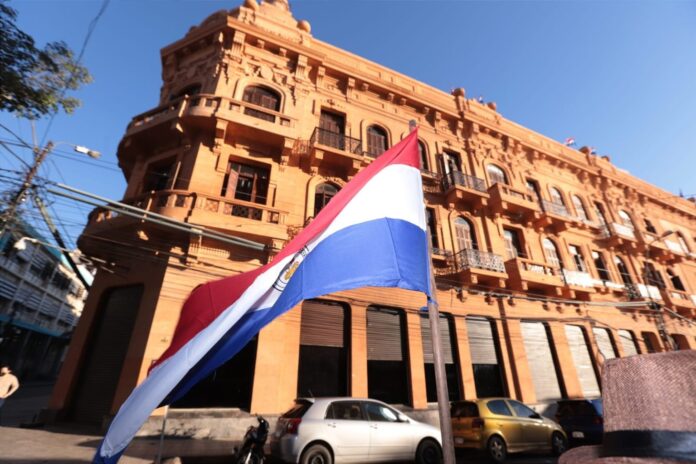Asunción, Agencia IP.- Paraguay’s compliance with three reform measures within the Resilience and Sustainability (RSF) allowed the Government immediate financial access to approximately USD 100 million from the International Monetary Fund (IMF).
This occurred under considerably favorable financial conditions: a 20-year term, including ten and a half years of grace, and an interest rate that, adding the margin of 95 basis points over the SDR rate and 50 basis points for commissions, is currently around 5.46% per year, reported the Ministry of Economy and Finance.
The Executive Board of the International Monetary Fund (IMF) evaluated yesterday the Paraguayan economy within the framework of the 2024 Article IV Consultation, the third review under the Policy Coordination Instrument (PCI) and the first review under the Resilience and Sustainability Service Agreement (SRS).
During the meeting, the organization’s directors highlighted the Government’s efforts to preserve macroeconomic stability and the progress in approving necessary structural reforms that had been postponed.
This effort, they stressed, resulted in robust economic growth, low inflation, positive dynamics in exports, and a stable and profitable banking system.
The IMF highlights that the Paraguayan government reaffirmed its commitment to the continuity of the reforms guided by the PCI and SRS agreements. Among the highlighted priorities are the reconstruction of fiscal margins, the sustainability of the pension fund for public servants, and the improvement in the supervision of public companies to limit contingent risks.
The IMF also stressed the importance of improving the targeting of social assistance programs and reducing the costs of financial services to foster equitable and sustainable growth. The determined fight against corruption and the reduction of informality is essential to minimize reputational risks and attract more investments, especially in green projects.
They also mentioned that reform measures aimed at promoting sustainable growth will be crucial to reducing Paraguay’s vulnerability to climate change and preserving its important natural assets and clean energy matrix. In this context, the IMF highlighted the role of the ICP and SRS agreements in supporting the macroeconomic and structural reform objectives of the Paraguayan authorities and their climate policy agenda.
Likewise, the importance of fiscal consolidation to restore fiscal margins and ensure debt sustainability was highlighted. Therefore, it is essential to implement policies that improve spending efficiency and optimize tax collection, thus protecting social spending and priority investments.
With these measures, Paraguay positions itself as an example in the region regarding economic stability and commitment to sustainability, ensuring a prosperous and sustainable future for its citizens.

